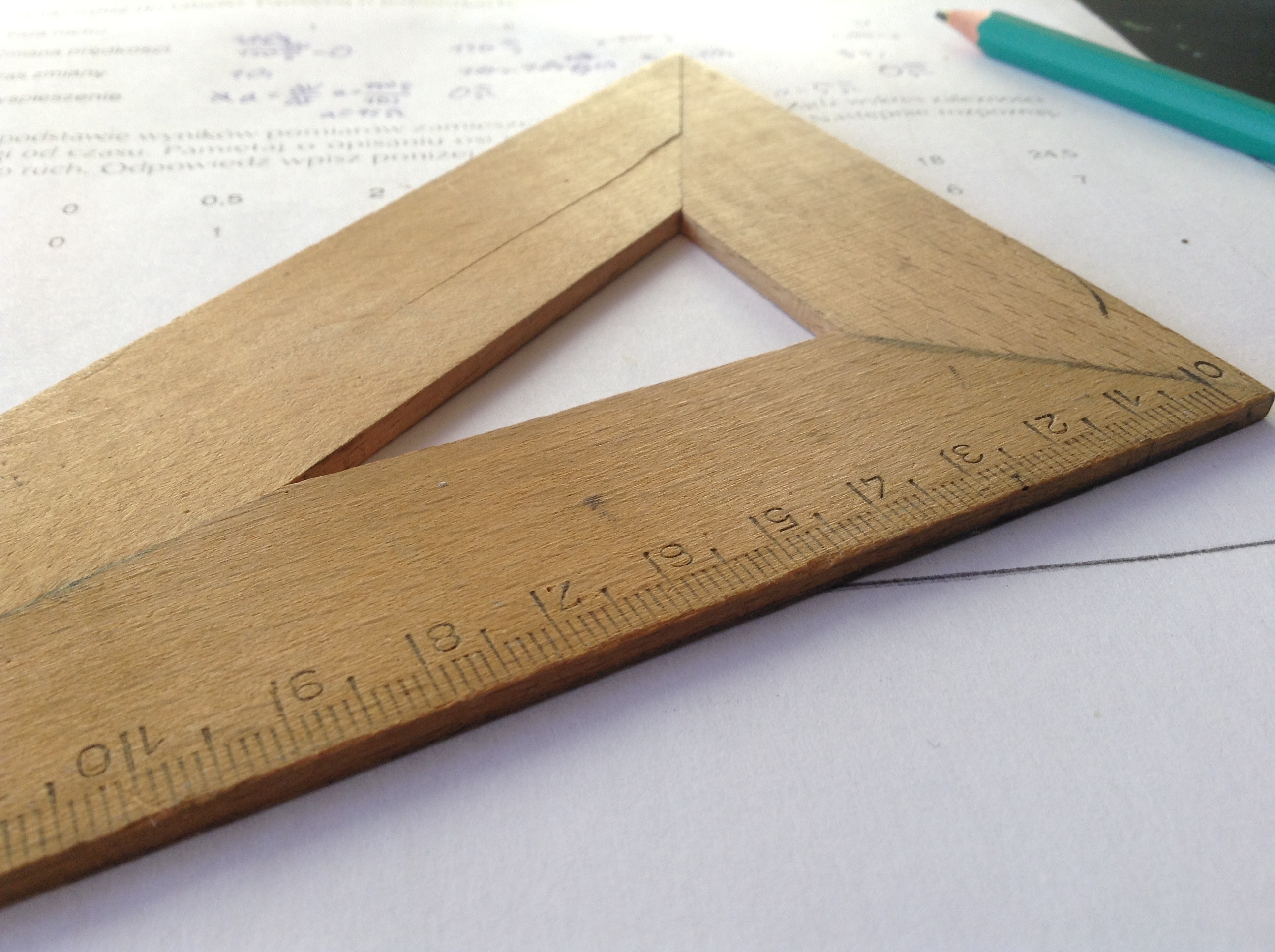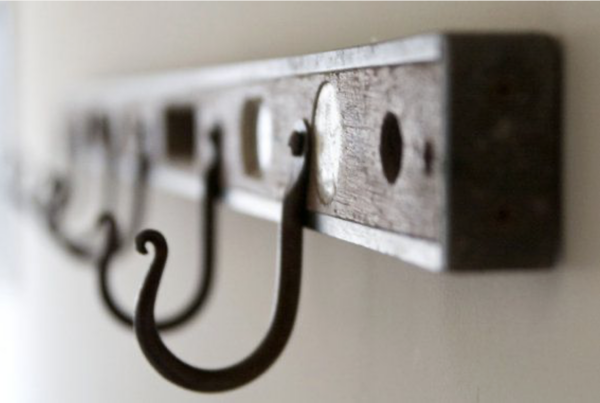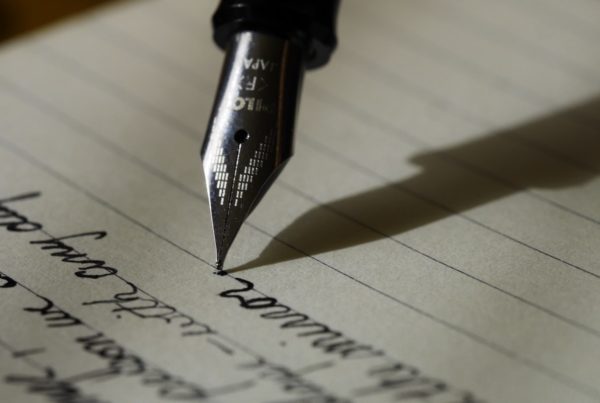To listen to an audio version of this post, click the player below or you can download an mp3 file here.
* * * * * *
In thinking about my kids’ education, I’ve been reading a lot about learning and creativity.
There’s one thing I read recently that I can’t stop thinking about, and if your work requires you to learn new things, to be creative, or to share your work with an audience, this matters a lot for you.
A host of studies have looked at the impact of evaluation on individuals’ performance at various skills and tasks. When people know someone is observing and evaluating their work, do they perform better, or worse?
The answer turns out to be: it depends, in a very interesting way.
If a person is already highly skilled at a task, the presence of an evaluator makes them perform even better. But if they are beginners at some subject, or just aren’t particularly skilled at it, the presence of an evaluator worsens their performance. It has the opposite effect.
There are dozens of studies showing this, measuring everything from skill at multiplication tables to free throws. For example, in one study expert pool players increased their success rate by 12% when they knew an evaluator was present watching them. But novices performed 30% worse when evaluators were watching.*
We can all cite experiences in our lives that match this pattern. When you did really well all semester in school with a particular subject, and then on the final exam, you absolutely shined, taking your comprehension to a whole new level. Or, you performed your very best at a sport on an important game day, when lots of eyes were watching.
We’ve all had the opposite experience too – when we were still learning something new and then an audience or judge of some kind caused us to flop.
The hypothesized explanation for these outcomes is this: when we are relatively competent at something, the presence of others acts as a kind of physiological stimulant, allowing us to bring even more alertness and energy to the task. Yet when we aren’t as competent, the knowledge of an evaluator also has a physiological impact – in this case, anxiety, that interferes with our performance.
Understanding this dynamic might help you think differently about the grade or feedback you get on something when you are new at it. It also means you might think about creating spaces where you can practice and learn for a while without someone evaluating you, or without you evaluating yourself.
Interestingly, some studies show even an imagined evaluator in our minds can have the same negative effect on performance when we are beginners – so how we think about our work really matters.
In my next post, we’ll dive into how evaluation impacts creative work specifically – stay tuned for that.
Some questions to think about today:
- When has the presence of an evaluator or judge helped you perform better? When has it caused you to do worse?
- If you are engaging in something new, how can you create a space that is protected from evaluation for a while as you learn and develop your skill at it?
- What happens if you let go of self-evaluating thoughts (“Is this good?” “This is bad…” “I am horrible at this…” etc.) when you are working on a new kind of task or a new skill? (See the Inner Critic chapter from the Playing Big book for help in doing this!)
With love,
Tara
Research citation for this post:
*Michaels, J.W., Blommel, J.M., Brocato, R.M., Linkous, R.A., & Rowe, J.S. (1982). Social facilitation and inhibition in a natural setting. Replications in Social Psychology, 2, 21-24.
photo by: Dawid Malecki







